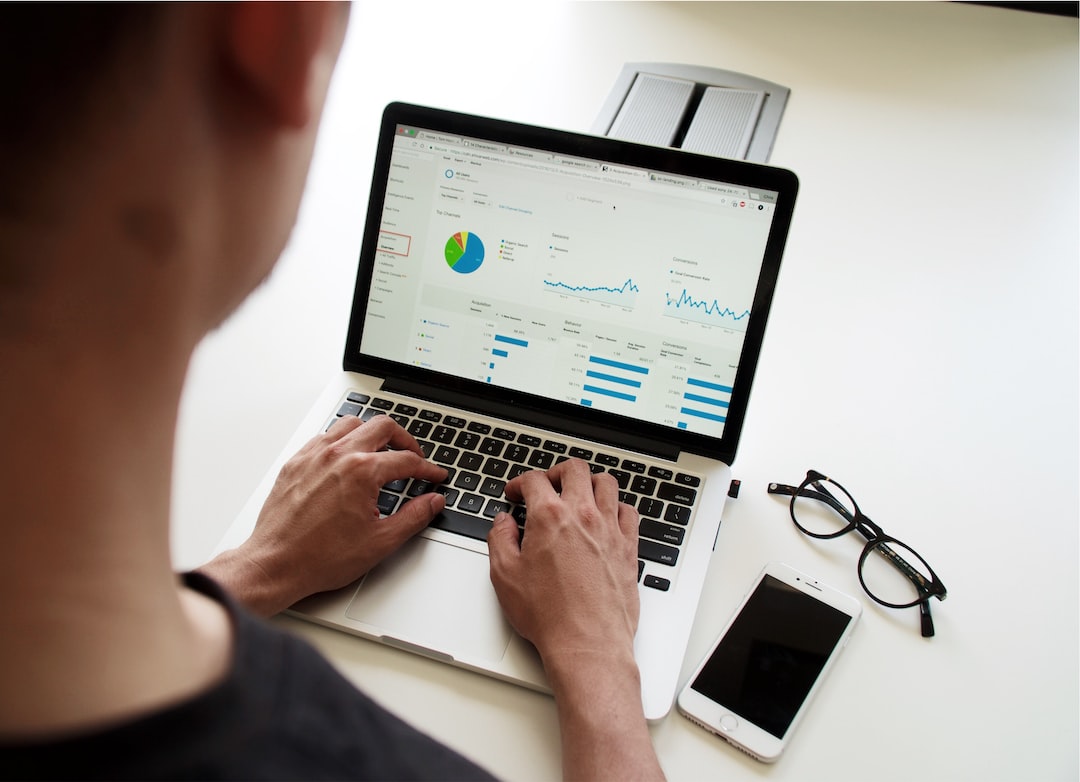Biometric technology has revolutionized the way we approach security and identity verification in recent years. Gone are the days when we relied solely on passwords and PIN codes to safeguard our information or gain access to restricted areas. With the advent of biometrics, we now have a more advanced and efficient way of ensuring that our identities are verified accurately.
Biometric technology is based on the unique physical or behavioral characteristics of individuals. These characteristics can include fingerprints, hand geometry, iris or retina patterns, voiceprints, facial recognition, or even gait analysis. The advantage of using biometric traits for security and identity verification lies in its uniqueness and impossibility to duplicate or forge easily.
One significant impact of biometric technology is on personal security. Traditional security measures such as passwords and PIN codes can easily be forgotten or cracked. However, with biometrics, each person’s physical features serve as their “password,” making it much harder for unauthorized individuals to gain access to someone else’s personal information.
For example, financial institutions have started implementing fingerprint or facial recognition systems to authenticate customers, making it virtually impossible for hackers to impersonate others and gain access to their accounts. This not only protects the financial assets of individuals but also enhances the overall security of the banking system.
Moreover, biometric technology is transforming the way airports and border control agencies verify the identity of travelers. With biometrics, authorities can accurately and quickly identify individuals, reducing the risk of terrorism or illegal immigration. Biometric systems are being used to match the facial features or fingerprints of individuals against those stored in databases, allowing officials to identify criminals or suspicious individuals promptly.
Another sector where biometric technology is making a significant impact is in the workplace. Many organizations now use biometrics for time and attendance tracking instead of traditional punch cards or swipe cards. By using fingerprint or face recognition systems, companies can ensure that employees are accurately recording their working hours, reducing time theft and increasing efficiency.
However, while biometric technology provides numerous benefits, some concerns have been raised regarding privacy and potential abuse. Collecting and storing vast amounts of individuals’ biometric data can raise ethical questions about how it is being used and protected. Companies and organizations using biometrics must adhere to strict privacy and security protocols to ensure that personal information is safeguarded and not misused.
In conclusion, biometric technology has had a profound impact on security and identity verification. It provides a more accurate and efficient way of verifying individuals’ identities, enhancing personal and public security. From banking systems to airports and workplaces, biometrics is transforming the way we protect our information and control access to restricted areas. However, it is crucial to balance the benefits of biometrics with the need for privacy and ethical considerations to fully embrace this technology’s potential.

